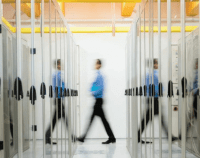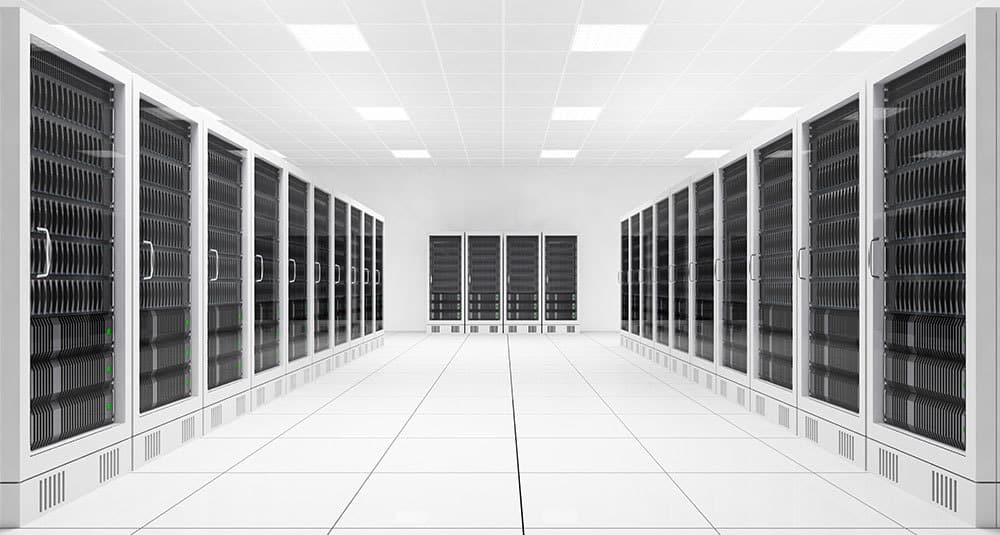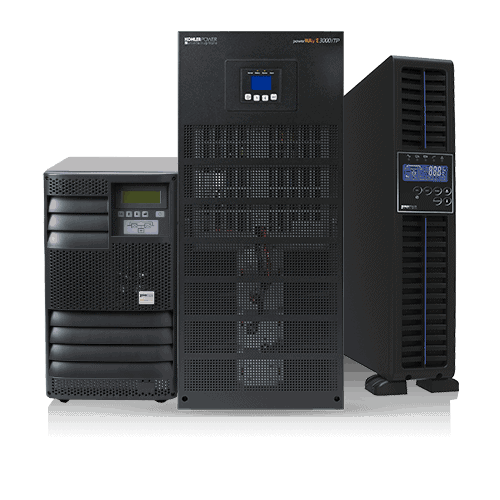During the coronavirus pandemic, educational institutions including schools, colleges and universities have switched to digital means to ensure safe remote learning for students. In order to keep education running, educational institutions have had to quickly adapt to the situation. Remote learning relies on a vast range of electronic equipment, applications and devices from smartphones and PCs through to software applications to enable virtual classrooms, real-time text chat apps, and online platforms for sharing learning materials.
Although nearly all lessons and seminars have been running online from home for both teachers and students, the infrastructure to facilitate this is based on-campus and it requires ongoing power protection.
Holding virtual lessons and seminars online means having to rely on IT infrastructure and having the right digital tools, both of which need quality power to keep running. Continuous power is also required, not just to protect against a host of power related issues, but also help to condition power to smooth out spikes and either keep systems running or kick-start an organised shutdown during power sags, brownouts or outages.
The recent announcement of schools reopening will be welcomed by many, but remote learning is still in place for a vast amount of students including those at university.
With many of today’s universities needing to be operational 24/7, the need for resilient backup power solutions has never been greater. For example, universities often have specialist departments that require continuous power supply to preserve biological research work that can require refrigeration at a particular temperature – any fluctuations could result in lost research and ultimately years of work.
But what happens if a power failure occurs?
Even a short power failure can be extremely damaging – invalidating an ongoing study, compromising, or in some cases a total loss of files, damaging devices and subsequently causing unexpected costs for repair or replacement.
These problems can be avoided by using a UPS system for education. A UPS protects these critical devices from major power problems, including total power failure, fluctuations, spikes and dips.
University campuses have large and complex power infrastructure requirements, with a critical need to protect not only their data, communications and other electrical services, but also their populations of students, staff and visitors.
Emergency lighting is an essential part of an education facility and should be effective during a power outage in order to protect the safety of students and staff. Further information on why educational facilities need enhanced UPS power protection can be found here.
KUP has a wealth of experience with educational installations. This includes resources and product range which provides an integrated power protection solution that encompasses UPS, generator and emergency lighting systems.
KUP ensures that any installation is accurately sized for current demand, while being economically scalable for future growth.





